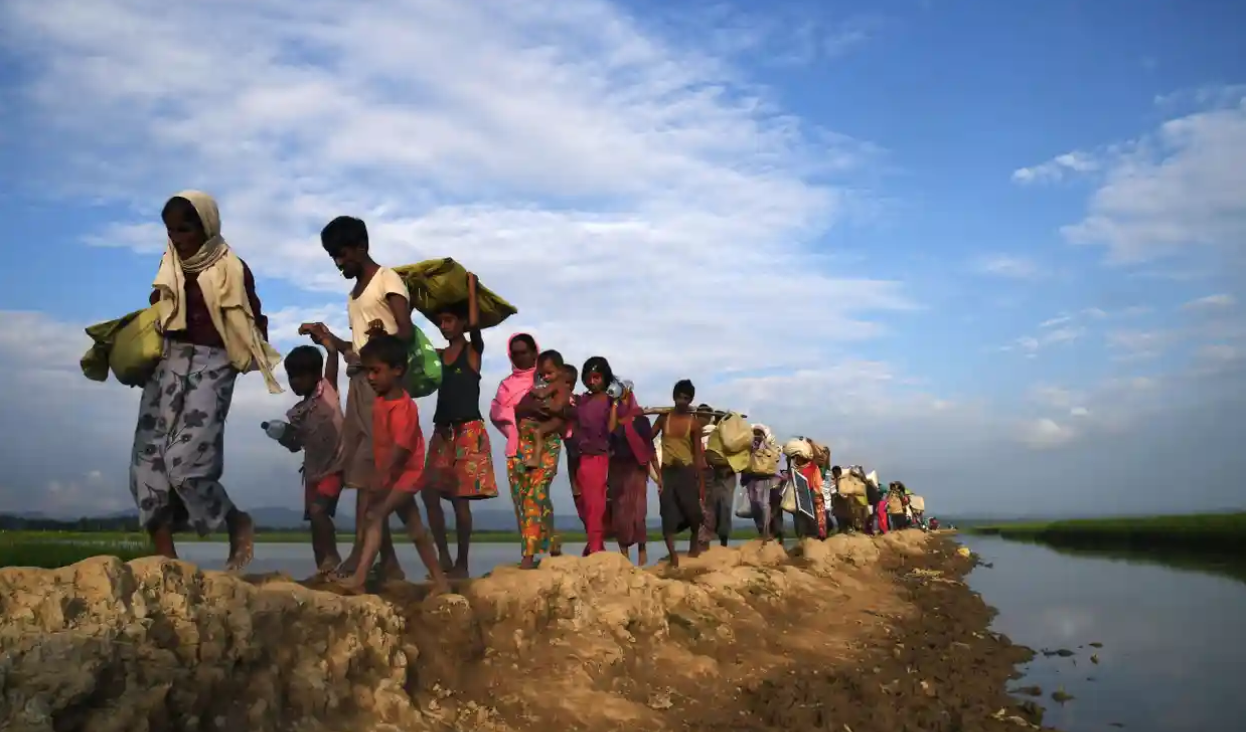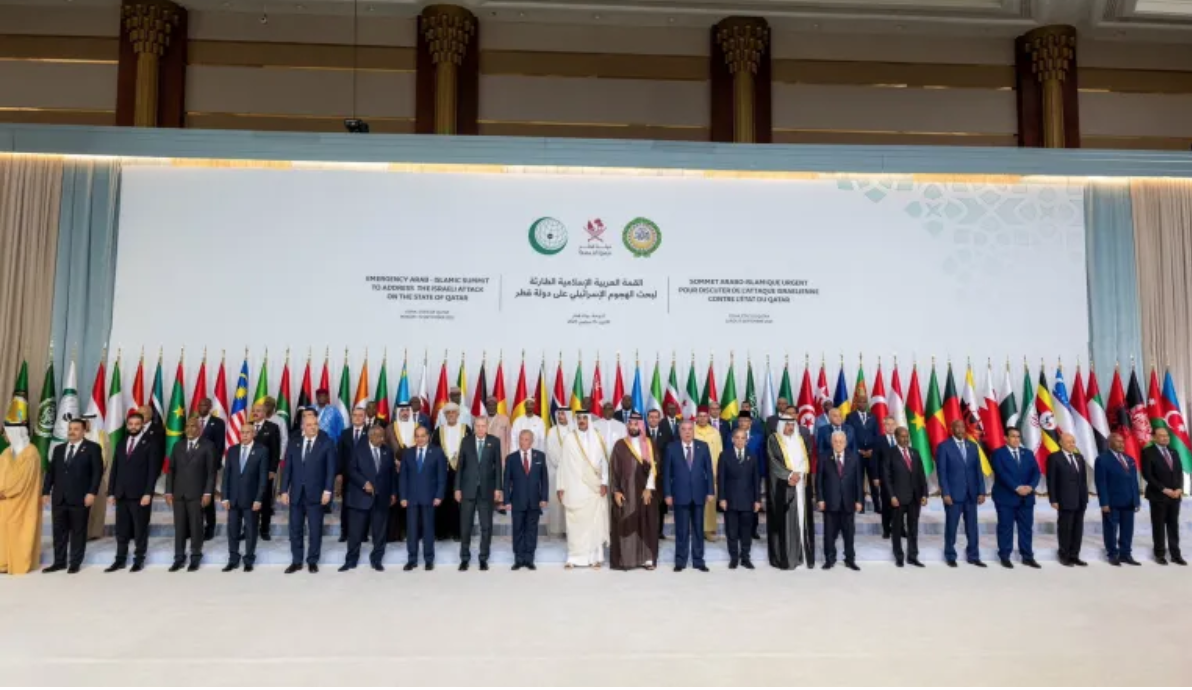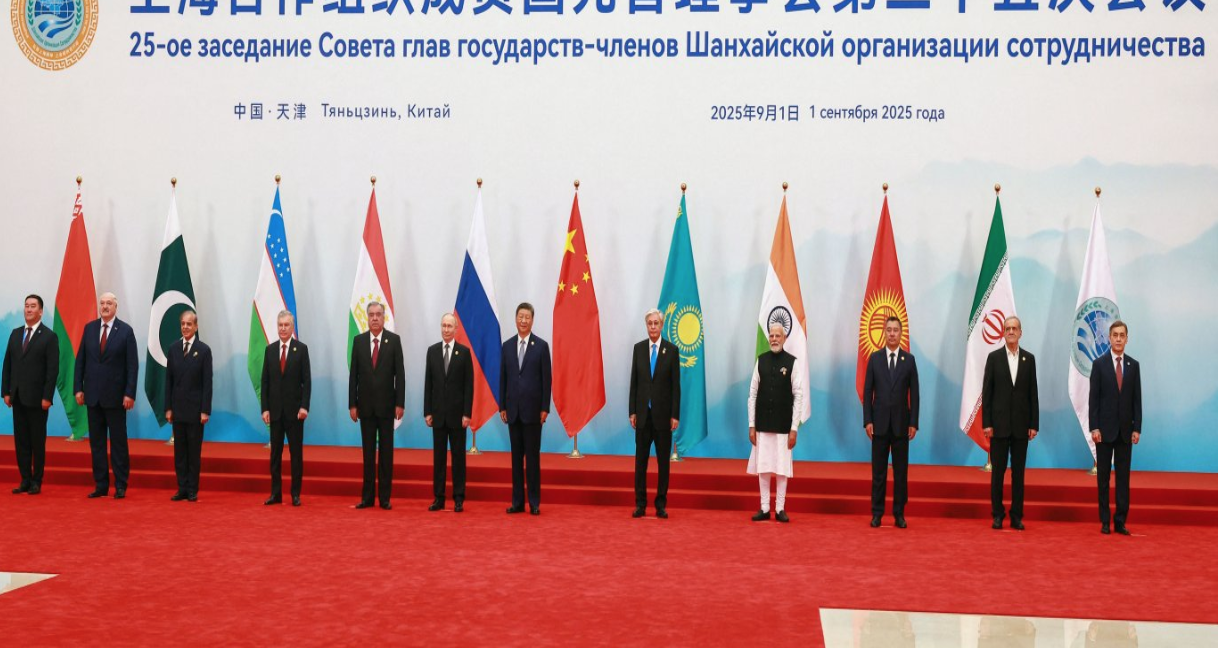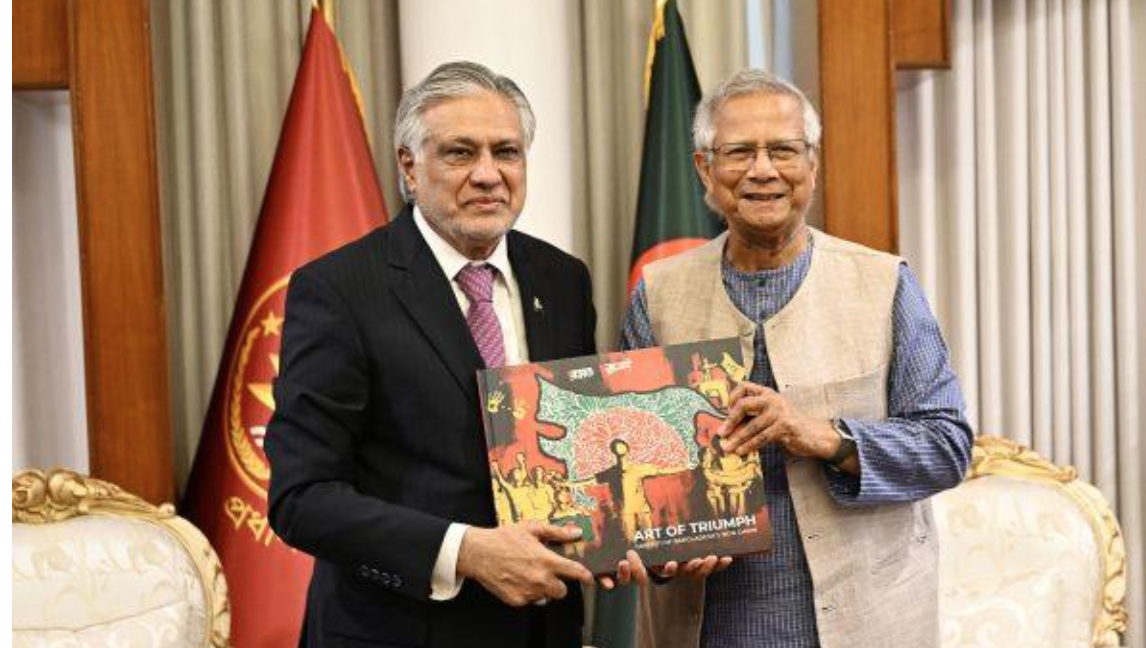The Monthly Researcher’s Meet (MRM) held on 27 April 2025 at the BIISS Auditorium centred on a critical and multifaceted discussion titled “Rohingya Repatriation: Progress and Prospects.” The session examined the evolving dynamics of the Rohingya crisis, assessing both the modest steps taken toward repatriation and the entrenched obstacles that continue to hinder durable solutions. Against the backdrop of Myanmar’s ongoing internal turmoil, participants reflected on how shifting political realities, fragile governance, and regional power recalibrations are reshaping the contours of the repatriation debate and Bangladesh’s diplomatic options.
A Crisis Entrenched in Instability
Discussions began with a candid appraisal of the situation in Myanmar, where escalating clashes between the military junta and ethnic armed groups have fractured state authority, particularly in Rakhine State. Participants agreed that this instability has eroded the institutional capacity necessary for any credible repatriation process. The collapse of administrative control, coupled with the absence of enforceable international guarantees, was identified as the central impediment to ensuring safe, voluntary, and dignified returns. It was also noted that the ongoing violence has deepened mistrust among displaced Rohingya populations, who remain sceptical of the promises extended by Naypyidaw. The conversation underscored that without visible improvements in Myanmar’s domestic conditions, repatriation remains a distant aspiration rather than an imminent possibility.
Diplomatic Efforts and the Limits of Engagement
Attention then turned to the limited diplomatic engagements between Bangladesh and Myanmar, including recent bilateral dialogues and pilot repatriation attempts. These initiatives, though reflective of Dhaka’s persistent diplomatic outreach, were assessed as largely symbolic in nature, lacking tangible progress on the ground. The absence of an international verification mechanism and the continued ambiguity surrounding citizenship and rights guarantees were identified as critical barriers. Participants debated whether Bangladesh should continue relying on bilateral mechanisms or actively push for greater internationalisation of the issue through forums such as the United Nations and ASEAN. The prevailing sentiment suggested that while bilateral diplomacy remains necessary to keep channels open, it must be complemented by multilateral advocacy to sustain global pressure and accountability.
Balancing Security, Diplomacy, and Humanity
As the dialogue evolved, attention shifted toward Bangladesh’s domestic and regional balancing act. Managing the security and humanitarian pressures of hosting nearly a million Rohingya refugees while preserving diplomatic equanimity was recognised as one of Dhaka’s most delicate policy challenges. Participants acknowledged that the Rohingya issue has transformed from a bilateral concern into a test case for regional humanitarian governance. They emphasised that any viable repatriation framework must rest on three non-negotiable pillars: voluntariness, safety, and dignity. Concerns were voiced over the potential drift toward “forced voluntarism” if international scrutiny diminishes, reinforcing the need for sustained media attention, advocacy, and regional coordination.
Pathways Forward: Between Realism and Hope
In assessing future prospects, participants adopted a tone of pragmatic realism tempered by cautious optimism. While Myanmar’s internal conditions remain deeply unfavourable, regional shifts involving particularly growing ASEAN engagement with humanitarian issues and renewed global focus on forced displacement could open strategic windows for Bangladesh. Some discussants highlighted opportunities for Dhaka to leverage its diplomatic credibility and moral standing to champion more innovative repatriation mechanisms, such as third-party monitoring or mediation frameworks. Others argued that Bangladesh’s focus should also include parallel strategies for long-term management of the refugee situation, encompassing education, vocational training, and social cohesion within host communities.
The Unresolved Test of Regional Cooperation
The session concluded with reflections on the broader regional implications of the Rohingya crisis. Participants agreed that the repatriation stalemate embodies the limitations of South and Southeast Asian regionalism in addressing cross-border humanitarian challenges. Despite Bangladesh’s sustained advocacy, progress remains slow, constrained by geopolitical rivalries and the absence of regional enforcement mechanisms. Yet, the discussion reaffirmed that Bangladesh’s leadership in maintaining principled diplomacy anchored in humanitarian norms and regional dialogue, continues to carry significant moral and strategic weight. The MRM discussion thus left a sobering but constructive conclusion: the path to Rohingya repatriation will be long, contingent, and fraught with political complexities, but sustained diplomatic and moral engagement remains Bangladesh’s most powerful tool in keeping the issue alive within the regional and global setting.
This was part of a presentation in the in-house MRM, which was chaired by the Director General, BIISS. The Discussant for this event was Dr Benuka Ferdousi, Senior Research Fellow, BIISS.





